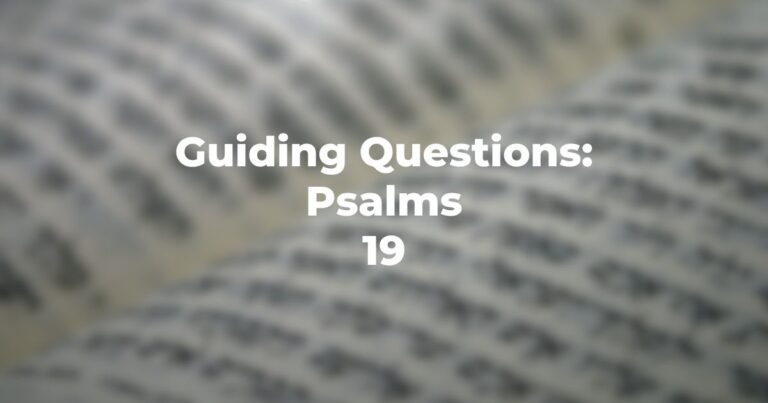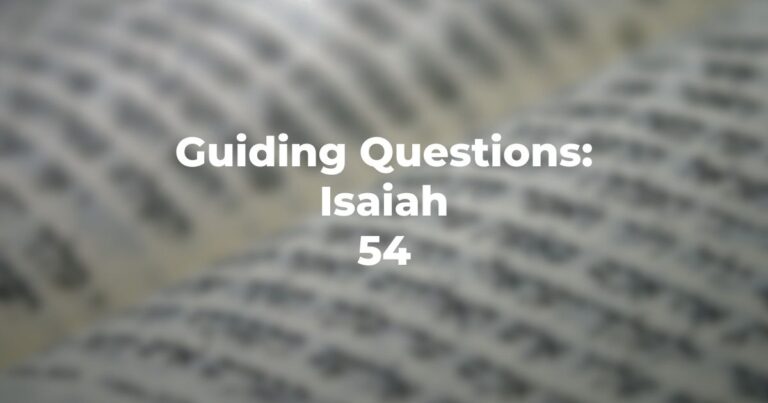- Are those who have been shown, and taught, to be addressed differently from those who are totally ignorant?
- Is this chapter recalling another “test of the freed men” and another response?
- Does the TorahRefers to the first five books of the Hebrew Bible, the Tanakh, also called the Five Books of Moses, Pentateuch or the Hebrew equivalent, Humash. This is also called the Written Torah. The term may also refer to teachings that expound on Jewish tradition. Read more affirm that the less one does for oneself the more one expects to have done for him/her?”
- Are old arguments repeated here?
- Does this narration indicate “God’s patience” as compared to man’s patience?
- What is the purpose of the anthropomorphic references in text?
- Do B’nai Yisrael ask or do they complain/criticize?
- Does Mosheh agree with the complainers this time?
- Is the lot of the leader easy — based on this vignette?
- Does Torah tell of anything that B’nai Yisrael did themselves, in order to solve their problem?
- What is Mosheh instructed to do?
- From whence does the water flow?
- Why are two words used to describe what happened — ” riv” and “nasotam” — and who are the objects of the verbs?
- What would answer the question B’nai Yisrael asked (in Exodus 17:7) to their satisfaction? What do they seem to think is proof that God is at hand?
- Where are Aaron and Miriam?
- Who named the place?
- Does freedom require constant vigilance?
- Does enmity need a reason?
- What does the Torah specifically indicate as to freed men and their need to defend themselves?
- If one is to fight well, does one need a purpose and moral support?
- In this narration do the Israelites prove that they can accept serious responsibility?
- Why did Amalek attack B’nai Yisrael?
- Why does Mosheh himself not lead them into battle?
- What is the meaning of the name Yehoshua?
- Who does the fighting — everyone (all the warriors or some)?
- Why, according to text, does the battle see-saw?
- Why are Mosheh’s hands heavy?
- What message(s) does Torah give in Exodus 17:12?
- Why is there no victory celebration?
- In what way(s) are the Habiru very different in their conduct in this story as compared with the prior four incidents? Does their conduct, now, show a readiness for more responsibility which their earlier conduct did not?
Author
-

Exploring Judaism is the digital home for Conservative/Masorti Judaism, embracing the beauty and complexity of Judaism, and our personal search for meaning, learning, and connecting. Our goal is to create content based on three core framing: Meaning-Making (Why?), Practical Living (How?), and Explainers (What?).
View all posts





